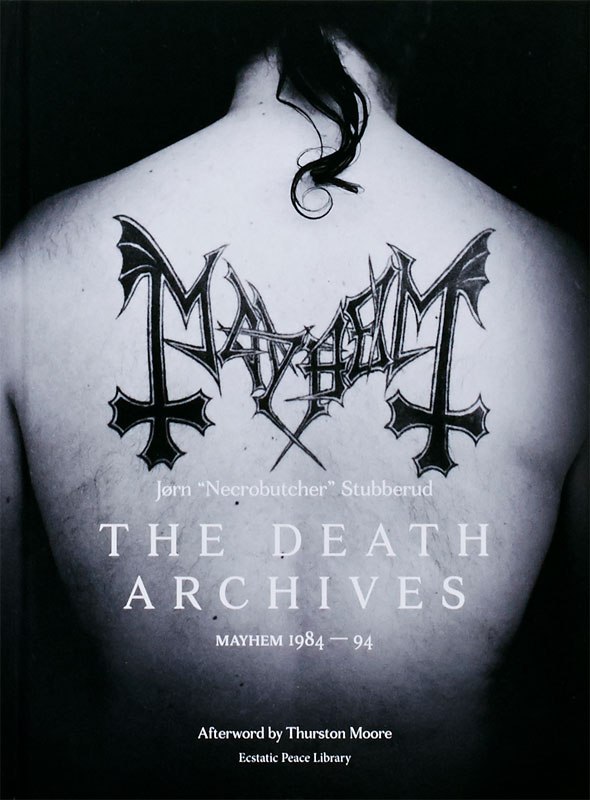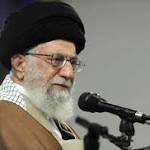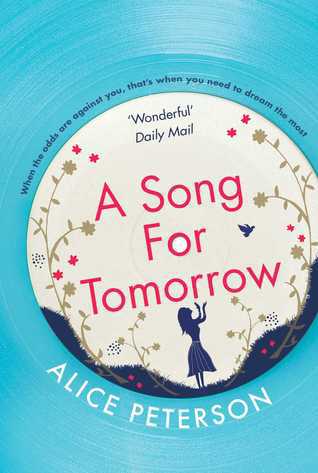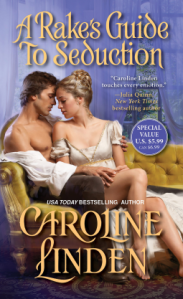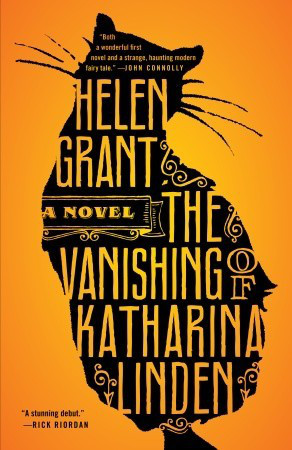In addition to putting me in the frame of mind to pick The Lord of the Rings off the shelves again, my cold has also pushed me to revisit Peter Jackson’s movie adaptation of The Fellowship of the Ring (extended version), so I guess I have no excuse to not write about it.
When The Fellowship of the Ring hit theatres back in 2001, it was the coolest thing my thirteen year old self had ever seen. The excitement of the new movies prompted me to pick up Tolkien’s novel for the first time (something which the old Ralph Bakshi and Rankin-Bass cartoons, manifestly not the coolest things I’d ever seen, didn’t succeed in doing).
Since that point, the movies and the book have followed different trajectories in my life. The book has proven to be an enduring companion for me, and one of the most re-readable things ever written, while the movies have never been as cool as they were when I was a teenager.
Not that I dislike them – overall, I think they’re pretty good. But unlike, say, the older Final Fantasy games, where no longer being able to approach them with uncritical admiration has helped me appreciate them anew for what they are, the Lord of the Rings movies have always had to compete in my mind with a superior version that still is an unassailable masterpiece. As a result, it’s been hard for me to take them on their own terms and not feel a twinge of disappointment.
The novel is a melancholy romance about the folly of power, the transience of things, and the weak becoming the instruments of God’s grace; the movies are a sword and sorcery epic. For all their slavish attention to detail, the story that they tell feels less like the work of a Catholic philologist who loved Beowulf and more like, well the work of a geek who is a fan of The Lord of the Rings. The tonality of Tolkien’s work is gone, and while his themes are still present to some extent, there’s been a subtle gravitational shift that leaves them drifting amidst the spectacle.
Which, all things considered, is still probably the best possible outcome for a cinematic adaptation of Tolkien’s work. If nothing else, you cannot say that this wasn’t a labor of love for Jackson et.al. And the fact that the movies were made before adaptations of geek property were par the course means that we have been spared a soulless Lord of the Rings trilogy that exists to take a piece of that Star Wars/Marvel money.
Anyway, I’m supposed to be talking about Fellowship, and I suppose I should make an attempt at mentioning what it’s about. This hobbit guy called Frodo inherits a magic ring which turns out to be the Master Ring of the Dark Lord Sauron, who requires it to conquer the world; the ring is too evil to use and can only be destroyed via a long and arduous journey to a specific location in Sauron’s pad; an ad hoc bunch of dudes are assembled to aid Frodo in yada yada yada you know the story already.
From this point on, I’m just going to list my observations this time around in bullet points.
- It’s still exciting to see the Lord of the Rings logo pop up and hear Howard Shore’s mysterious Ring theme. In general Shore’s score is still rousing stuff. All the ominous/epic chanting is a bit dampened by just how overused it has come to be is in recent years. But that’s hardly the movie’s fault.
- My biggest gripe is also something that’s a bit hard to fault the movie for. Fellowship has a lot of heavy lifting to do in terms of setting up a massive amount of plot for the entire trilogy, so it’s no surprise that, even in the extended edition, it comes across as a rather manic 3+ hour movie, at least in the first half. You are definitely not allowed to stop and smell the roses as the movie breathlessly whisks you from one plot point to the next. It’s never boring, but it does make it more difficult to emotionally register what’s going on. For example, the scene where the fire reveals the secret markings on the ring feels like it should be held for longer than it is, for the ominousness of it to sink in – this is, after all, the moment where the true nature of the ring is confirmed by Gandalf and revealed to the audience. But instead we get a quick cut to more exposition.
- After Rivendell the movie seems to arrive at a more stable rhythm and becomes genuinely great popcorn cinema. It takes an entire movie’s worth of more uneven stuff to get to that point, but very little of it is genuinely bad (the Council of Elrond is the only scene that completely fell flat for me).
- Ok so there is another moment which also doesn’t work, but in an unintentionally hilarious fashion. During the incident where Frodo tempts Galadriel, Tolkien describes her thus: “She lifted up her hand and from the ring that she wore there issued a great light that illumined her alone and left all else dark. She stood before Frodo seeming now tall beyond measurement, and beautiful beyond enduring, terrible and worshipful.” This is the sort of otherworldly description that is easy to pull off when left to the reader’s imagination, and much more difficult to do visually without looking silly:
 I can’t be the only person to find ominously-glowy Galadriel a bit chuckle-worthy.
I can’t be the only person to find ominously-glowy Galadriel a bit chuckle-worthy. - Ian McKellen’s Gandalf is still the definitive portrayal of the character. Everyone else ranges from adequate to great.
- Viggo Mortensen is great as Aragorn, but I take issue with how the movies reinterpret his character. Like, it makes sense, even if it’s a tad regrettable, that Merry and Pippin are often reduced to comic relief, but why does Aragorn have to be so mopey and consumed by self-doubt? Aragorn isn’t an “internal conflict” sort of dude – you already have Boromir for that.
- Speaking of which, Boromir is so obviously on the verge of pulling an Anakin Skywalker here that it’s a wonder anyone thought it was a good idea to put him in the fellowship.
- Jackson sure does like putting little horror movie touches in various scenes. At times it makes the whole thing feel a bit like a more serious, big-budget version of Army of Darkness. Which isn’t exactly a bad thing, even if it is a bit funny. Considering that the next movie deliberately refs Raimi’s flick, I wouldn’t be surprised to find that he had it on the mind throughout.
- Speaking of which, the Army of Darkness bit in The Two Towers was probably the first time I saw a mainstream movie referencing a cult classic I was familiar, and feeling cool to be “in the know.”
- If I’m complaining more than I’m praising, it’s because it’s more interesting to do that than it is to say that the Balrog scene is still pretty cool, guys. I genuinely like this movie, and am glad the phrase “Lord of the Rings movie” no longer refers to…this:

